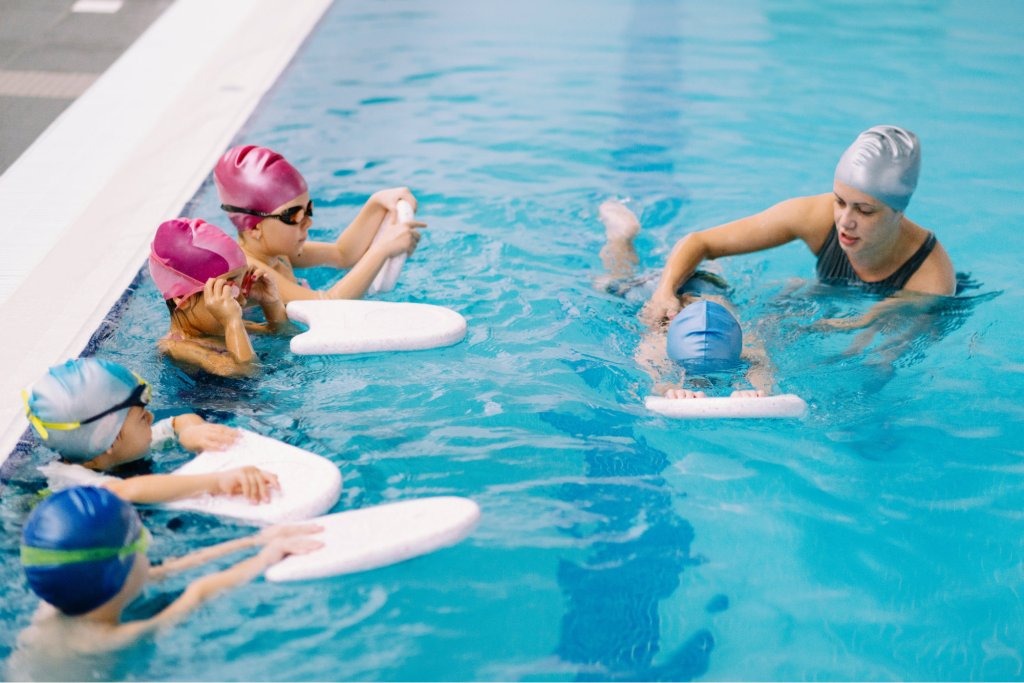In a political environment very focused on budget cutting, an advocate of Every Child a Swimmer and his allies have found a way to address the issue of swimming lessons in Florida.
Earlier this month, the Every Child a Swimmer bill was introduced. House Bill 1119 would require school districts to ask the parent of every kindergartner and any child newly entering a school whether or not that child has been taught to swim.
At this time, with Florida State income reduced by approximately $3 billion due to the COVID-19 pandemic, a bill whereby government would need to provide swim lessons likely wouldn’t sell, said Bill Kent, chairman of the board for the International Swimming Hall of Fame, and a long-time proponent of teaching every child to swim.
“This is a baby step toward making every child a swimmer,” he said. “It’s creating parental awareness as the child enters kindergarten about their responsibility. A lot of parents don’t know how to swim. If they don’t know how to swim, it doesn’t get on their radar screen.”
The House bill has passed through its first subcommittee, and the matching Senate bill, SB 358, is now being heard. As of this week, both pieces of legislative have bi-partisan sponsors, as well as a public endorsement by the organization Florida Tax Watch.
